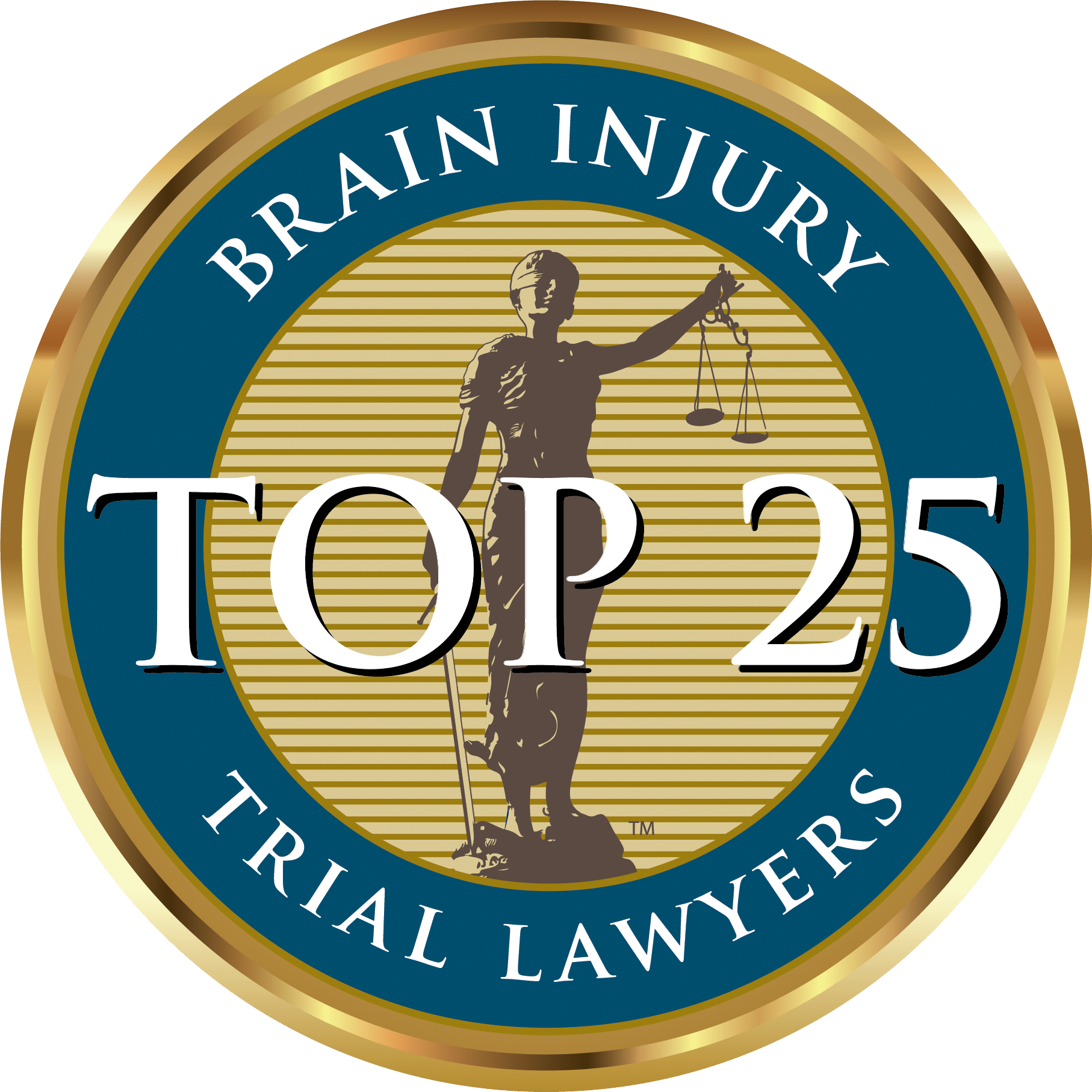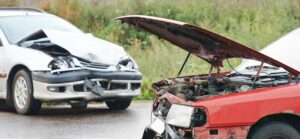Pennsylvania Car Accident Laws in 2024: A Complete Guide

The Cordisco & Saile LLC team knows the time following a Pennsylvania car crash can be confusing and frustrating for everyone involved. Who is liable for the accident, and can you hold that person responsible for your financial losses and suffering? Knowing the basics of Pennsylvania car accident laws can help you take the proper steps to protect your rights and possibly recover compensation.
Our comprehensive guide to Pennsylvania auto accident laws shares crucial details about car insurance requirements, no-fault laws, drunk driving laws, distracted driving, and comparative negligence. This information will help you understand your legal options and navigate the claims process after a crash.
What Are Car Insurance Requirements in Pennsylvania?
Under Title 75 of Pennsylvania’s Consolidated Statutes, all motor vehicles must be insured to drive on public roads. Drivers must carry the minimum medical benefits, liability coverage for bodily injury and property damage, and either limited or full tort coverage.
Medical Benefits Coverage
Pennsylvania drivers must have at least $5,000 of medical benefits coverage to pay for medical bills caused by an accident. However, you can choose to purchase a policy with higher limits. This coverage applies to the driver and all others included in the policy.
Liability Coverage
Liability insurance is essential because it covers accident expenses up to your policy limits if you cause a crash. If you’re injured in an accident caused by another person, Pennsylvania auto insurance claims laws may allow you to pursue compensation for injuries and property damage through the policyholder’s liability coverage.
Pennsylvania requires motorists to have the following minimum liability coverage:
- Bodily injury liability coverage per person: $15,000
- Bodily injury liability coverage per accident: $30,000
- Property damage liability coverage: $5,000
You must carry the minimum liability insurance coverage to operate any of the following vehicles:
- Cars
- Vans
- Motorcycles
- Trucks
- Buses
- Recreational vehicles
Limited Tort Coverage
Limited tort coverage limits the policyholder’s right to seek financial compensation for injuries caused by another driver’s negligence. With this coverage, you recover medical and other out-of-pocket expenses through your own insurance policy rather than the at-fault driver’s coverage.
However, limited tort coverage does not compensate for non-monetary damages, such as pain and suffering, unless your injury is considered a “serious injury” or you meet other exceptions noted in your insurance policy. PA law defines a serious injury as “death, serious impairment of bodily function, or permanent serious disfigurement.”
Full Tort Coverage
If you purchase full tort coverage, you have the right to take legal action and claim compensation for damages from the at-fault party. When another driver causes an accident, you can recover economic and non-economic damages.
Failing to secure the minimum insurance coverage has consequences. You could face at least $300 in fines, a three-month suspension of your driver’s license, vehicle registration suspension, impoundment, and restoration fees to get everything up to date.
Do I Need To Report a Pennsylvania Car Accident?
While not all car accidents need to be reported, 75 Pa. Cons. Stat. § 3746 requires Pennsylvania drivers to notify the police when the crash involves any of the following:
- Bodily injury
- Death
- Damage that makes a vehicle undrivable
- Vehicles that require towing due to potential traffic or roadway hazards
The law also states that drivers with automated driving systems or highly automated vehicles that alert police of an accident are not required to contact the police in addition to this notification.
Additionally, if a driver is injured and unable to contact the police, any capable vehicle passengers must report the accident.
Even if it’s not required, reporting a car crash can be valuable because it creates official documentation of the accident that can lead to valuable evidence. The police will investigate the crash and provide a signed statement to each driver involved.
Is Pennsylvania a No-Fault State?
Yes, Pennsylvania is a no-fault state, meaning you must have minimum coverage, known as Personal Injury Protection or PIP, to operate a vehicle. If you are injured in a motor vehicle accident, you must first pursue a claim under your PIP coverage and exhaust those benefits. If you meet the eligibility requirements, you can then pursue claims against any at-fault parties.
Pennsylvania’s accident laws differ from those of other no-fault states. In Pennsylvania, drivers must choose between limited or full tort insurance coverage.
If you have a full tort policy, you can bring a lawsuit against the at-fault party to claim compensation for the full extent of your damages, including non-economic damages like pain and suffering.
If you have limited tort coverage, you can generally claim medical bills and other out-of-pocket expenses but can only recover pain, suffering, or other non-monetary damages in limited circumstances.
How Does Comparative Negligence Apply to Pennsylvania Car Accidents?
Pennsylvania follows a modified comparative negligence rule, which allows car accident victims to recover damages—even if they share some fault for the crash. However, the amount the victim can receive is reduced in proportion to their share of the fault. Also, if the victim is at least 51 percent at fault, they cannot recover damages.
If you were involved in an accident that was partially your fault, you may still be entitled to compensation. Speak with an experienced car accident lawyer in Pennsylvania to see if you have a claim and what motor vehicle accident law applies to your case.
What Are Pennsylvania’s Traffic Code and Negligence Per Se?
Pennsylvania traffic code defines the rules of the road and expectations of drivers in the state, including:
- What side of the road to use
- How and when to pass other vehicles
- How closely to follow other vehicles
- Who has the right of way in different situations
- How drivers must approach an emergency vehicle
- Driver duties in construction zones
According to the negligence per se doctrine, breaking laws or regulations is enough to prove negligence. Because Pennsylvania applies negligence per se to car accidents and other personal injuries, drivers are considered negligent if they violate the state’s traffic code.
What Are Pennsylvania Drunk Driving Laws?
Driving under the influence of alcohol or a controlled substance is unlawful in Pennsylvania. As detailed in 75 Pa. Cons. Stat. § 3802, most drivers cannot operate a motor vehicle with an alcohol concentration of 0.08 percent, as measured in the individual’s blood or breath within two hours of driving.
The law also sets strict alcohol concentration limits for others, including:
- Minors: 0.02 percent or higher within two hours of driving
- Commercial drivers: 0.04 percent or higher within two hours of driving
- School bus or school vehicle drivers: 0.02 percent or higher within two hours of driving
Penalties for drunk driving in Pennsylvania include fines, jail time, probation, completion of highway safety school, or mandated drug or alcohol treatment. Additionally, drunk drivers who cause an accident may face civil lawsuits.
Is There a Texting-While-Driving Ban in Pennsylvania?
Like many other states, Pennsylvania has made text-based communications unlawful while operating a motor vehicle. Under 75 Pa. Cons. Stat. § 3316, drivers are not allowed to use a mobile device to send, read, or write the following:
- Text messages
- Instant messages
- Other forms of written communication
The law has some exceptions, including emergencies or communication with law enforcement. Also, drivers may enter a phone number or select a name on a mobile device for voice communication or phone calls.
Pennsylvania’s texting-while-driving ban supersedes any local laws or ordinances in the state. Drivers who violate this law can face a $50 fine and other fees.
What Are Pennsylvania Hit and Run Laws?
PA hit-and-run laws outline what drivers must do following a car crash or after hitting an unattended vehicle or property. According to 75 Pa. Cons. Stat. § 3744, drivers are legally required to stop, exchange information, and help injured victims after a crash.
If you cause an accident that involves damage to a vehicle or property, 75 Pa. Cons. Stat. § 3743 requires you to remain at the scene and make every effort to exchange information. Penalties for hitting a vehicle and leaving the scene include a fine of $2,500 and prison for up to one year.
What Is the Statute of Limitations for Pennsylvania Auto Accident Claims?
The Pennsylvania statute of limitations for car accidents gives victims two years to claim compensation. Thus, you only have two years from the accident date to take legal action and recover damages caused by the crash. If you miss the two-year deadline, you forfeit your right to bring a lawsuit.
While there are some exceptions to this timeframe, working with a skilled attorney who knows Pennsylvania traffic accident law can help you seek compensation before the statute of limitations expires.
Work With Attorneys Who Understand Pennsylvania Auto Accident Laws
If you have been injured in a car accident, the award-winning team at Cordisco & Saile LLC is ready to fight for the financial compensation you deserve. With extensive knowledge of Pennsylvania car accident laws, we have the resources and determination to help our clients—no matter how much effort it will take.
Contact us now to schedule your free consultation.







